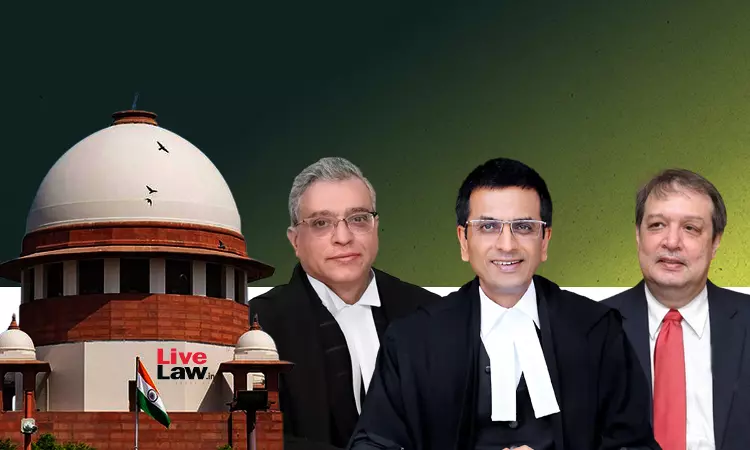Duty To Fill Up Vacancies From Waiting List Does Not Arise In The Absence Of A Rule Mandating It : Supreme Court
Pallavi Mishra
28 May 2023 12:07 PM IST

“Mere publication of the Additional List does not create any right to be appointed"
Next Story
28 May 2023 12:07 PM IST
